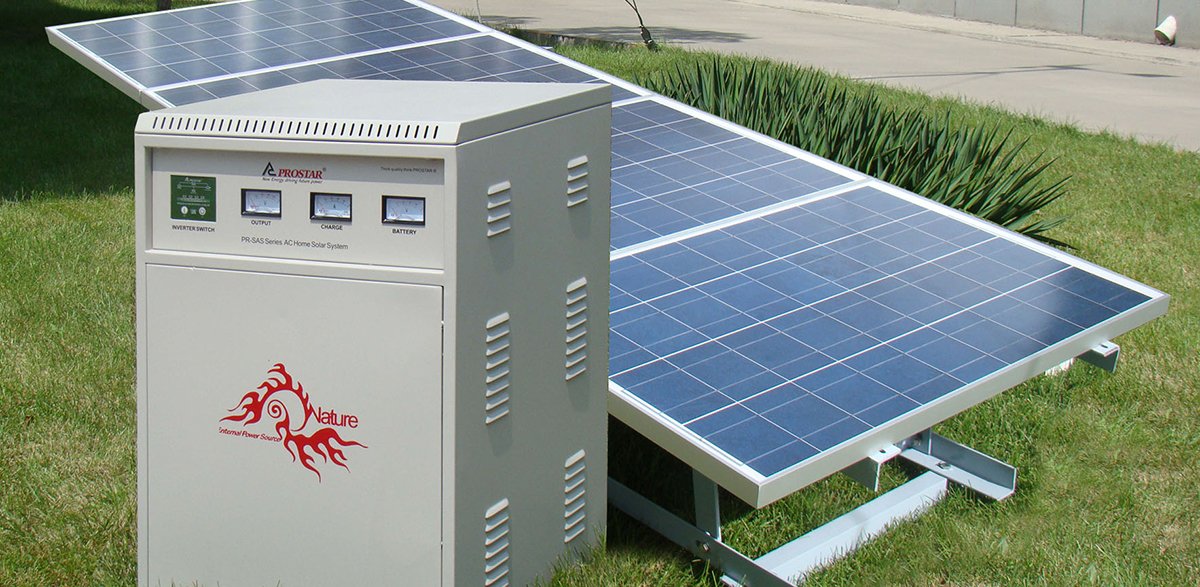Best state for off grid living – Best state for off-grid living? The dream of self-sufficiency, of escaping the urban grind and embracing a life closer to nature, is a powerful one. But finding the
-perfect* location requires careful consideration. This guide delves into the crucial factors – land costs, climate, legal frameworks, infrastructure, community, and environmental impact – to help you pinpoint the ideal state for your off-grid adventure.
We’ll weigh the pros and cons of various locations, revealing the hidden gems and potential pitfalls along the way, empowering you to make an informed decision that aligns with your unique vision.
From the rugged beauty of the mountains to the tranquil expanse of the plains, the United States offers a diverse range of landscapes ripe for off-grid living. But navigating the complexities of land acquisition, resource availability, and legal regulations can be daunting. This comprehensive guide simplifies the process, providing a clear roadmap to help you discover the best fit for your off-grid aspirations.
We’ll explore everything from property taxes and zoning laws to the availability of essential services and the social dynamics of established off-grid communities. Prepare to embark on a journey of discovery as we uncover the secrets to successful off-grid living in the best possible state for you.
Infrastructure and Accessibility
Choosing the ideal location for off-grid living requires a careful balancing act: achieving true self-sufficiency while maintaining reasonable access to essential services. The availability and proximity of these services, along with reliable transportation and communication, significantly impact the feasibility and comfort of off-grid life. This section examines these crucial infrastructural elements across various states, offering insights to aid your decision-making process.
Proximity to Essential Services
The distance to medical facilities, grocery stores, and other essential services varies dramatically across the United States. States with denser populations, like those in the Northeast or along the coasts, often boast more readily available services, even in rural areas. However, this convenience usually comes at the cost of higher land prices and increased competition for suitable off-grid properties.
Conversely, states in the Mountain West or the Great Plains, while offering more secluded land, may require significantly longer travel times to reach essential services. For example, a remote property in Montana might necessitate a two-hour drive to the nearest hospital, whereas a similar property in Vermont might be only 30 minutes away. This trade-off between seclusion and convenience needs careful consideration based on individual needs and priorities.
Planning for emergencies, such as having sufficient medical supplies on hand, is paramount in areas with limited access to immediate care.
Internet Access in Rural Areas, Best state for off grid living
Reliable internet access is increasingly vital, even for off-grid living. While complete disconnection is possible, many off-grid dwellers rely on internet for communication, remote work, education, and access to crucial information. The availability and cost of internet service vary significantly across states. States with robust rural broadband initiatives, such as some in the Midwest and parts of the South, offer better options than states where infrastructure investment lags.
Satellite internet is a common solution in remote areas, but it can be expensive and susceptible to weather conditions. Cost can range from $50 to over $200 per month, depending on speed and data limits. Exploring options like mesh networks or community-based initiatives could provide more affordable and reliable alternatives in certain locations. Understanding the internet landscape of your chosen state is crucial for ensuring consistent communication and access to essential online resources.
Road Accessibility and Transportation Options
The quality and accessibility of roads are paramount for off-grid living. Poor road conditions can severely hamper access to supplies, medical care, and emergency services. States with well-maintained road networks, even in rural areas, offer greater convenience. For example, states like Colorado, known for its extensive network of maintained county roads, might offer better access compared to states with a more limited road infrastructure in remote areas.
However, even in states with good road infrastructure, the final leg of the journey to a secluded property might involve unpaved or rough roads, requiring a vehicle with appropriate capabilities (4×4, high ground clearance). Transportation options beyond personal vehicles are often limited in rural areas, making reliance on a dependable personal vehicle essential. Consider the practicality of regular maintenance and the availability of mechanics in the vicinity when selecting a location.
Embarking on the off-grid journey is a deeply personal endeavor, a testament to the human spirit’s yearning for connection with nature and self-reliance. While the ideal state for off-grid living varies based on individual priorities and preferences, this guide has provided a framework for thoughtful consideration. By carefully weighing the factors discussed – land costs, climate, legal considerations, infrastructure, community dynamics, and environmental impact – you can confidently navigate the complexities and choose a location that aligns perfectly with your vision of a fulfilling and sustainable off-grid life.
Remember, the journey itself is as rewarding as the destination, so embrace the adventure and discover your perfect off-grid haven.
FAQ Insights: Best State For Off Grid Living
What are the common health concerns for off-grid living?
Access to healthcare can be limited in remote areas. Prioritize preventative care, build a comprehensive first-aid kit, and research local healthcare options before committing.
How do I finance off-grid living?
Explore options like personal savings, loans specifically for land acquisition or construction, and crowdfunding platforms. Careful budgeting and a realistic financial plan are essential.
What about wildlife and safety concerns?
Research the local wildlife and take appropriate precautions. Secure your property, learn basic wilderness survival skills, and consider investing in security measures.
What are the social implications of choosing a remote location?
Isolation can be a factor. Consider joining online communities for off-grid enthusiasts or connecting with local groups to build a sense of belonging.
You also can investigate more thoroughly about best off grid living youtube channels to enhance your awareness in the field of best off grid living youtube channels.


